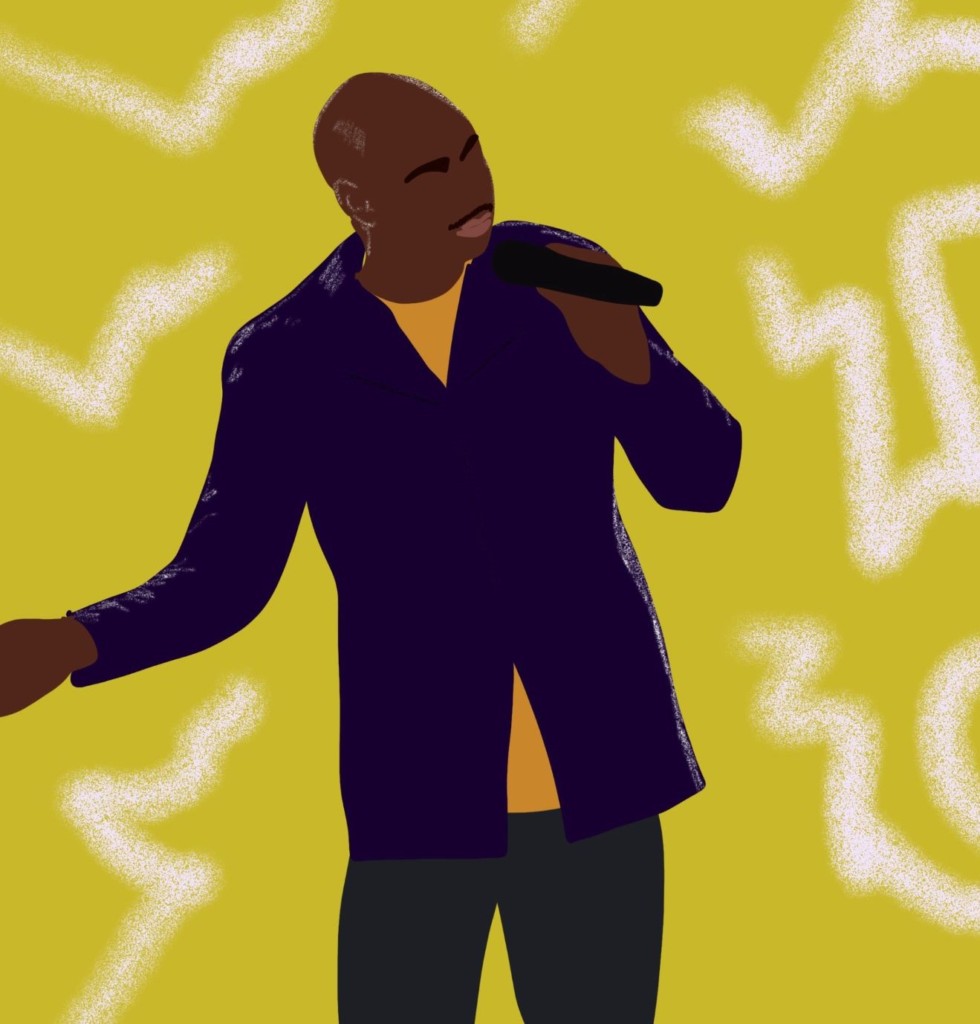
Invalidating other’s opinions due to assumptions is disrespectful and damaging
By Janis McMath, Senior Columnist
Given how focused Canada is on race and identity politics, I find the invalidation of Black conservative voices in America to be a very important and relevant topic for all of us to consider. A lot of contemporary media implies that, in the current political climate, being a Democrat as a Black person is necessary. The popular theory of “linked fate” reaffirms society’s assumption of a Black person’s relationship to the Democratic party.
The theory of linked fate is defined by an article in the Atlantic: “In a political context, [linked fate] suggests that [Black] voters approach elections with one simple question: Which candidate is better for the African American population?” This theory of linked fate is used to explain why the African American population has historically consistently voted for the Democratic party—which immediately and, in my opinion, unfairly implies that the Democratic party is unambiguously better for Black people. A segment of NPR’s Code Switch podcast also affirms this bias the media seems to have about the Democratic Party being the only option for Black people, stating that “Whiteness, demographically and ideologically, has been so central to the mainstream conservative project that bringing [Black] conservatives into the fold and into the Republican Party […] wouldn’t just change its racial demographics. It would effectively change the party’s ideological composition, as well.” I’m sure Black female conservative activist Candace Owens would take issue with this.
Candace Owens is a prominent Republican activist who believes that the current Republican party is aligned with Black people. For example, on the issue of police brutality, Owens stated in a video posted to YouTube by Turning Point USA that media statistics exaggerate the number of Black men shot and killed by police in 2016: Out of an alleged 990 deaths of Black men at the hands of police, “only 16 of them were unarmed […] that is 0.00004% of the Black community but we saw it every night.” (The Washington Post actually states that in 2016 only 223 Black males were shot and killed by police officers, and of those only 18 of them were unarmed.)
Owens concluded by saying that the US, under Democratic leadership, had “launched a war on police officers in an effort to control the Black vote”—substantiating her opinion that the Democratic Party is not for Black people due to their tactics of emotional manipulation.
Owens instead believes that Black people are being manipulated to vote for the left, which is often an accusation that Black Democrats throw at Black Republicans—often in the form of the very offensive term “Uncle Tom.” In a Vice video about young Black conservatives, the video’s subjects talk about being called “Uncle Tom,” which is often used to refer derogatorily to a Black person who is overly influenced by and subservient to the approval of white people. If the Republican party is so obviously the wrong choice for Black people, why resort to racist terms rather than a solid argument? If your side has the strength of facts and statistics, use those. “You’re brainwashed,” is not a valid debate point.
Race has always been a huge and necessary part of politics but when we start ignoring the people and instead only begin to look at their race, that is where the problems begin. We cannot make the sweeping assumption that one party is better for a certain race; that simplification helps people justify their lack of dialogue with the other side since their party is the “correct party” for such minorities, and all else is immediately deemed racist. There is so much media trying to dissect why such a “contradictory” group of people exist instead of just trying to understand their arguments and facts. Your pigmentation should dictate nothing inherent about your beliefs or values—yet we still try to pigeonhole political beliefs based on skin colour?


